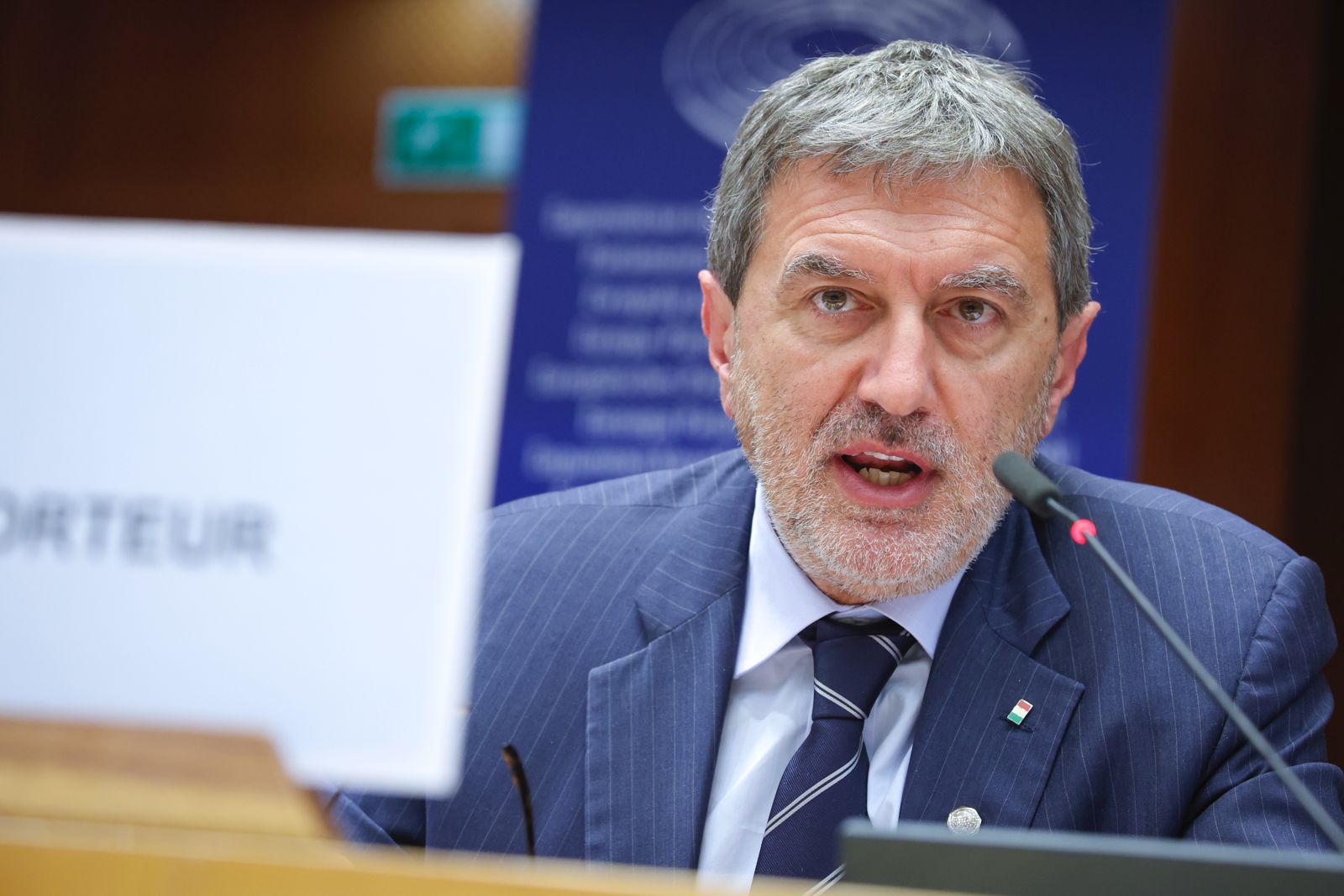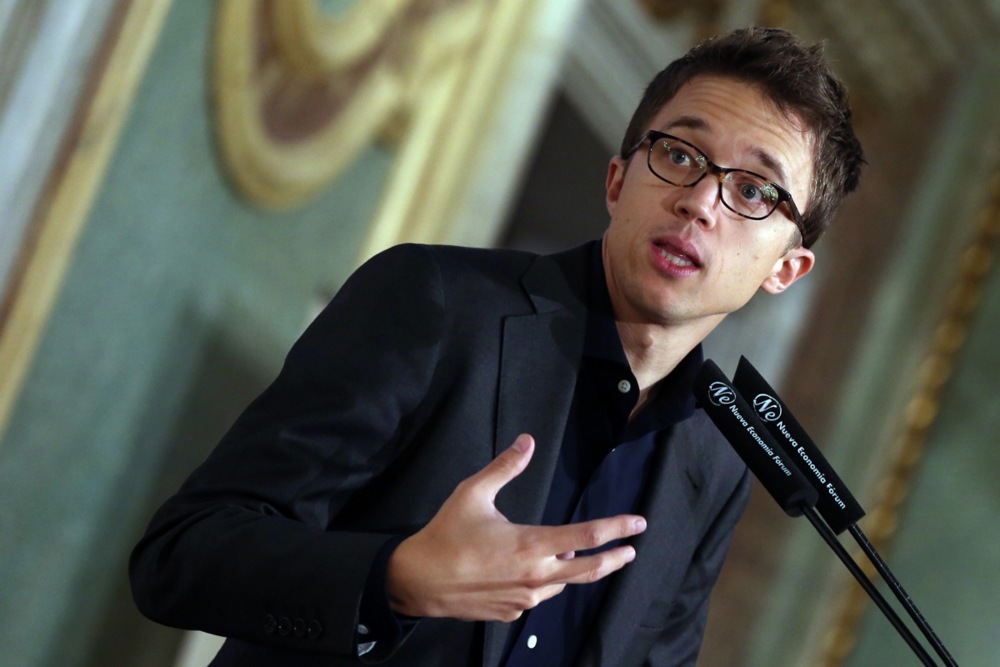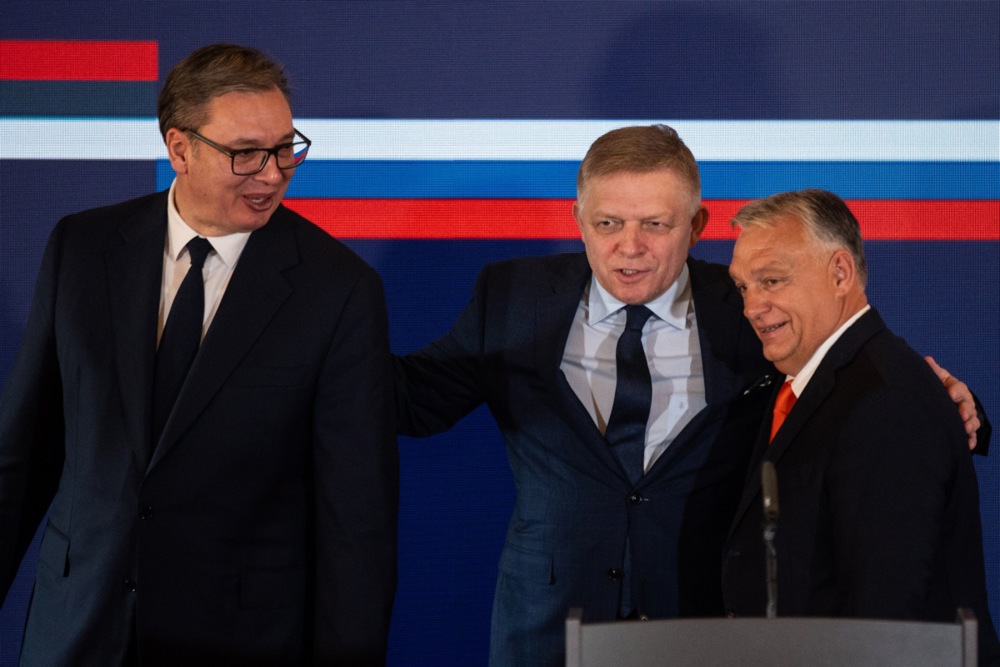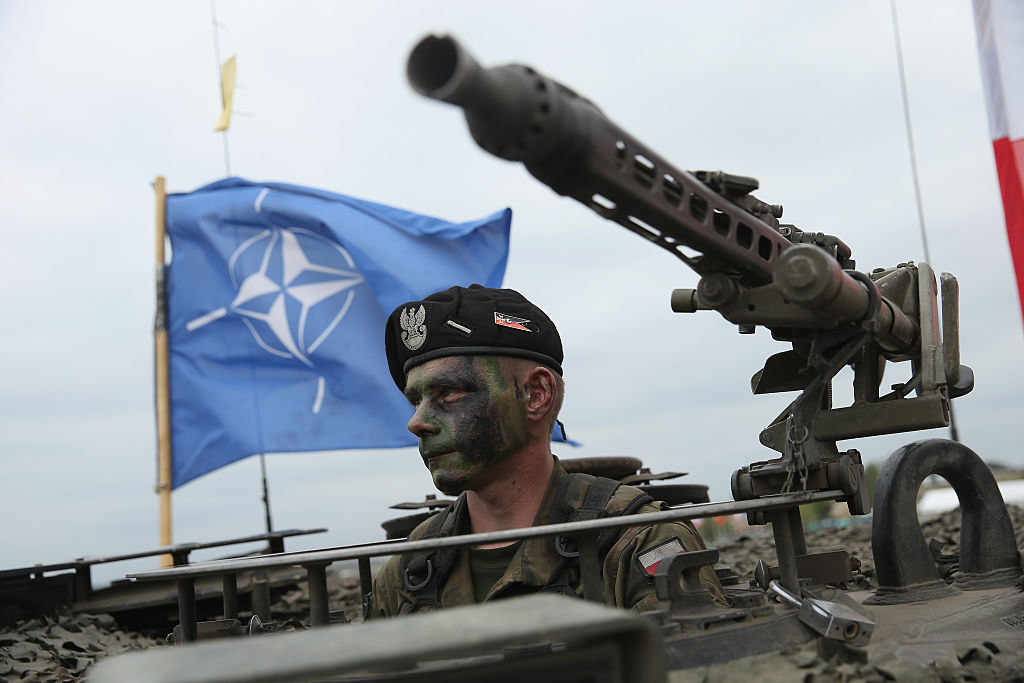The European Commission has presented a report titled Safer Together Strengthening Europe’s Civilian and Military Preparedness and Readiness on dealing with “climate crises” and conflicts.
The EC unveiled it at a meeting in the Berlaymont Building in Brussels on October 30.
At the event, EC President Ursula von der Leyen said the focus should be making the European Union a more consolidated bloc able to cope with “unfavourable scenarios”.
According to the report produced under the direction of Sauli Niinistö, former president of Finland, and requested by von der Leyen, it was considered essential to prepare citizens for emergencies through various initiatives, including education.
This report was inspired by Nordic models of public preparedness, such as Finland’s. Finland has built a culture of self-reliance regarding emergencies and has trained its population to respond to critical situations, whether in times of peace or conflict.
The aim is now to implement this model on a European scale.

The Covid pandemic, Russia’s invasion of Ukraine and extreme weather events have made security a priority for Brussels – and drained EU coffers when the bloc’s multi-year budget plan was meant for the period 2021-2027.
The new strategy proposed spending 20 per cent of the EU budget on crises preparedness and security, also suggesting the creation of specific funds for defence and civil protection.
Among the recommendations, the document stressed that European households should be prepared to be self-sufficient for at least 72 hours at a time in the event of a major disruption of essential services.
Von der Leyen stressed that “changing mindsets” was key to including crises preparedness in all EU policies. She acknowledged that current threats needed to be addressed comprehensively, stating: “War and crises are not improbable.”
The latest report also suggested ensuring EU decision-making mechanisms were “more flexible” in crisis situations, allowing decisions to be taken by a majority of members states rather than unanimity.
The Council of Europe has funded a handbook aimed at addressing so-called “climate anxiety” in young people. https://t.co/kkxm1IWHWv
— Brussels Signal (@brusselssignal) October 23, 2024





